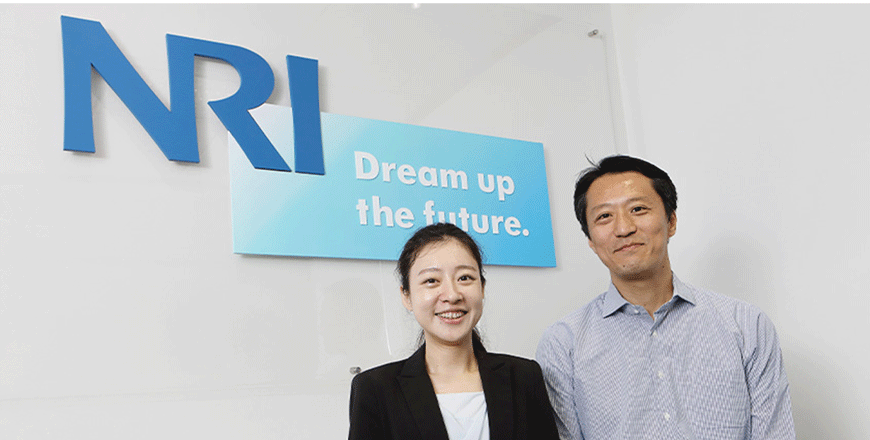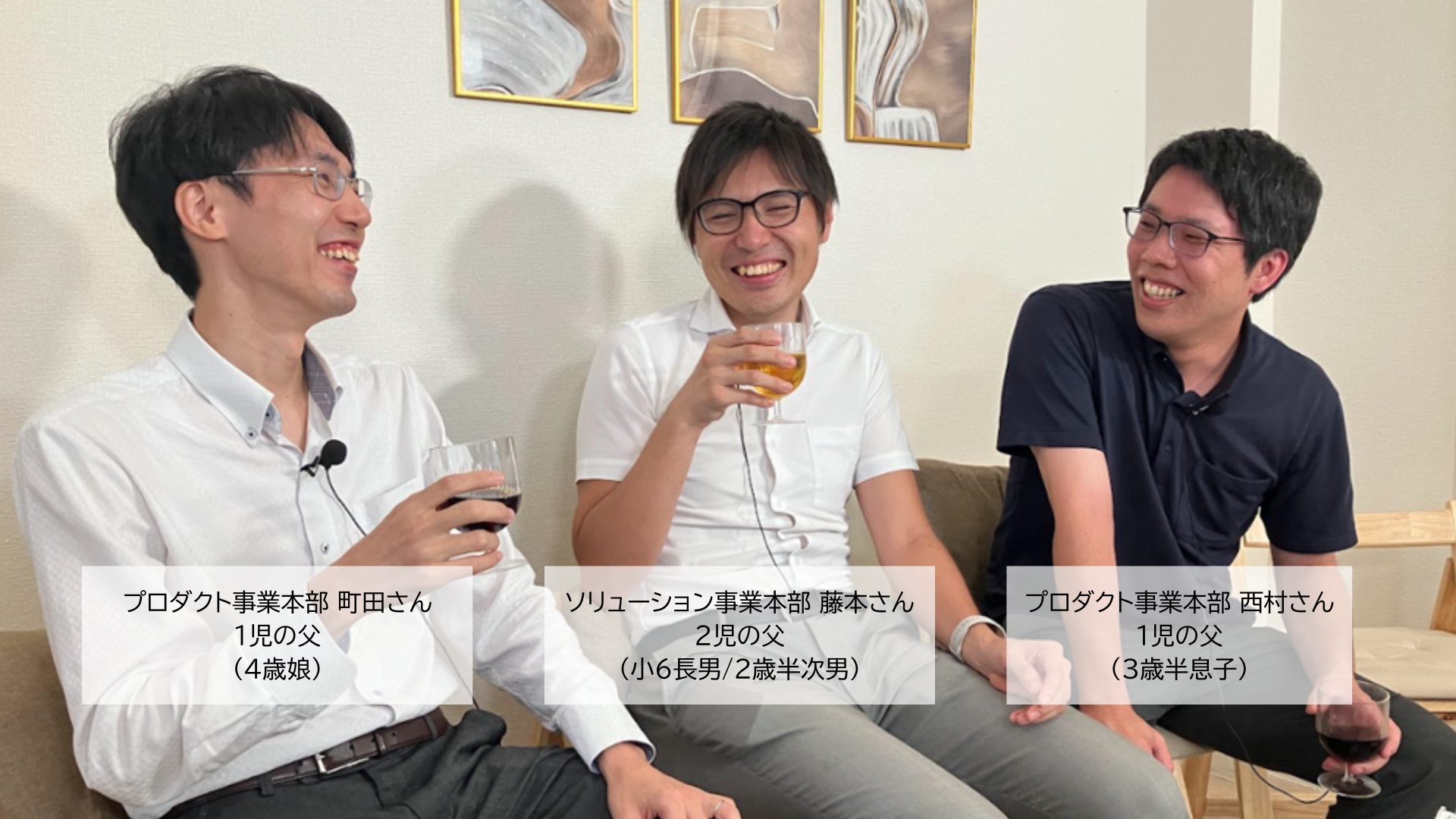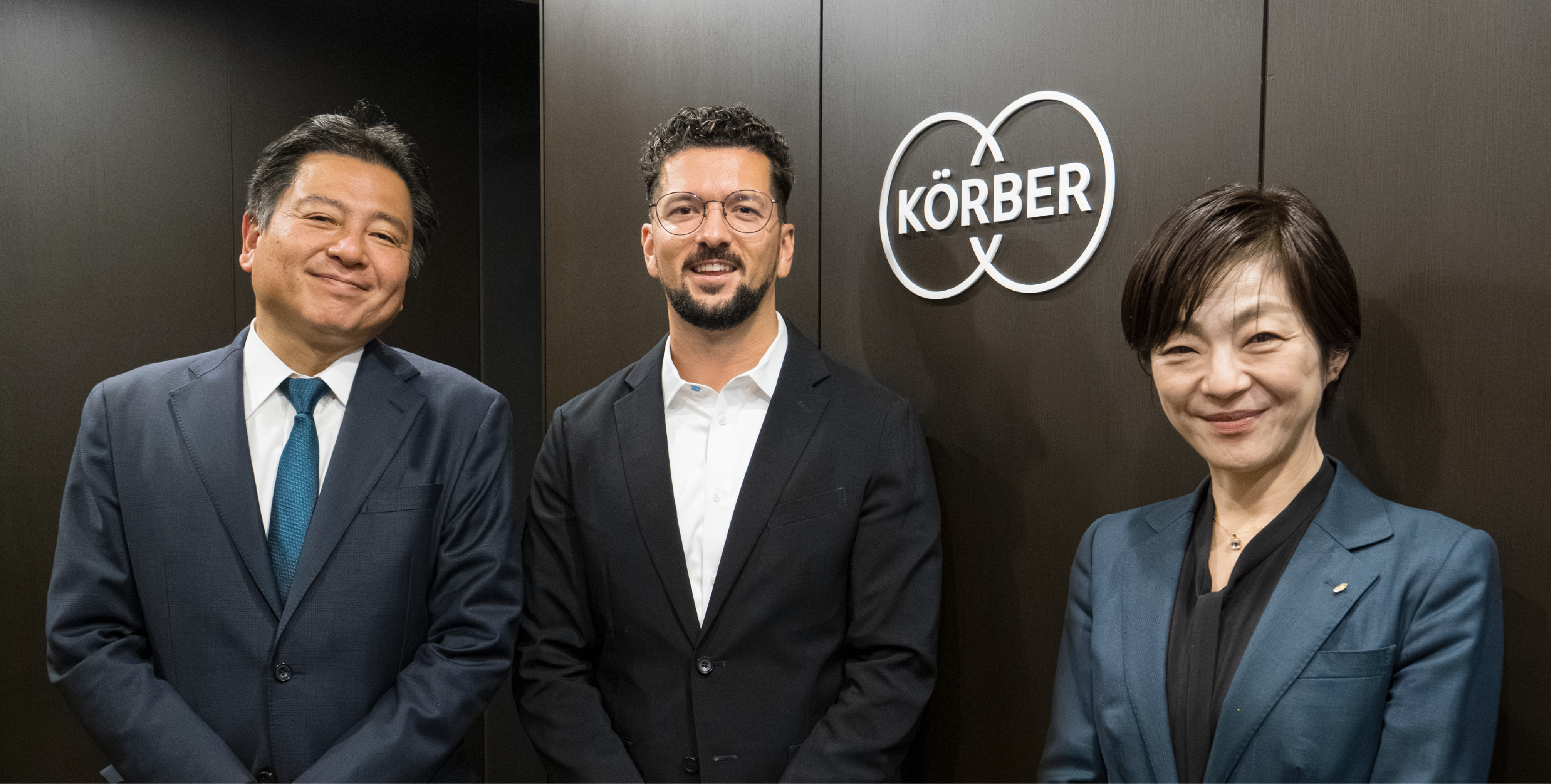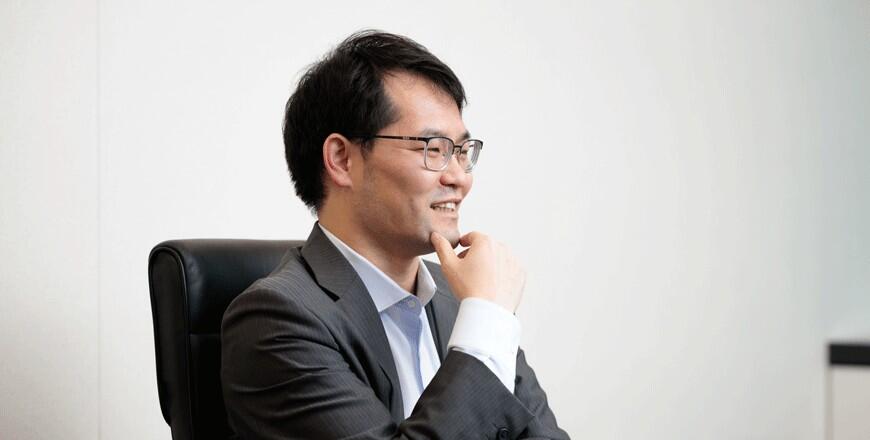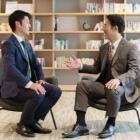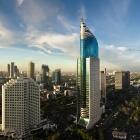Accelerating business for Japanese companies in the intensifyingly competitive Asian market. What is required is the "standardization" of business systems that support manufacturing. Nomura Research Institute (NRI), a major systems integrator, is promoting the introduction of Business Engineering's (B-EN-G) manufacturing production and cost management system "mcframe" to Japanese companies expanding overseas. Key people from both companies, which support global business from their bases in Singapore, spoke about the importance of improving business efficiency through system standardization.
NRI Singapore's Stellar Challenge
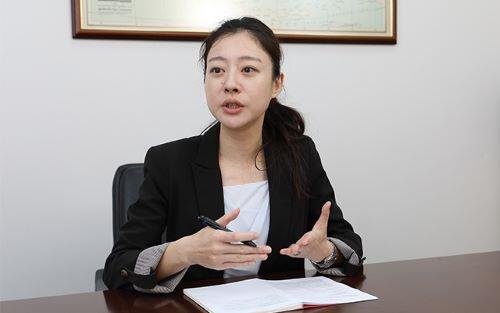
Nomura Research Institute Singapore Pte. Ltd. (NRI Singapore), a subsidiary of NRI in Singapore, provides IT solutions and other services to a wide range of client companies, including those in the financial, manufacturing, retail, and distribution industries. Stella Tian (Tian Fenghui), originally from China, is a member of the Global Supply Chain Management team here at NRI Singapore. She is a talented woman who is fluent in not only Chinese, but also English and Japanese at a native level.
After graduating from a university in China, she worked for a major foreign vendor providing ERP implementation support to foreign and Japanese companies, before moving to NRI Singapore in 2015. She also works as an implementation consultant for "mcframe" by B-EN-G, with whom NRI has a partnership. Stella's deep understanding of Japanese corporate culture and her ability to communicate with overseas companies make her the perfect fit for the job.
"Japanese companies are dominated by men, but in Japanese companies in Thailand and the Philippines, women make up nearly 90% of the local staff. The atmosphere in the office has changed completely, which is interesting," says Stella with a smile. "In Southeast Asia, people often speak openly about their opinions, both positive and negative, and decisions are made quickly. Quality is still in its infancy, but the speed of business is accelerating."
ASEAN Shift and the Call for Standardization
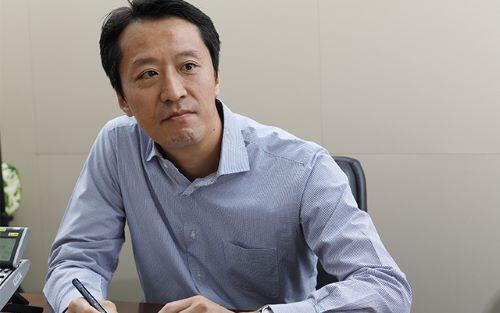
On the other hand, Japan's high-quality, cutting-edge manufacturing is alive and well in Asia. In the wake of the US-China trade war and other factors, manufacturers are shifting their production bases from China, and an increasing number of Japanese companies are expanding into the Association of Southeast Asian Nations (ASEAN), a growing consumer market with a population of 600 million.
"For the past 20 years, Japanese companies have mainly expanded into China and Thailand, but in recent years, the trend has been to expand into the Philippines and Vietnam," says Stella. With inquiries also increasing from Myanmar and India, the expansion of business by Japanese companies throughout the ASEAN region is becoming more noticeable.
Genji Yamashita, Managing Director (President of the local subsidiary) of B-EN-G Singapore, points out, "Japanese companies often set up bases sporadically in various parts of ASEAN, and their internal systems are also fragmented. There is a demand for a system that can standardize these and provide a cross-sectional view of the entire ASEAN region." Yamashita was stationed in Singapore for 10 years from 2009, and has witnessed the changes in the business environment for Japanese companies first-hand.
Stella also said, "The standardization of unified systems and data management at each ASEAN base is a recent trend." Yamashita added that there are more and more cases where systems are standardized and updated at overseas bases first, and then introduced in Japan later.
Cost accounting is the starting point of manufacturing
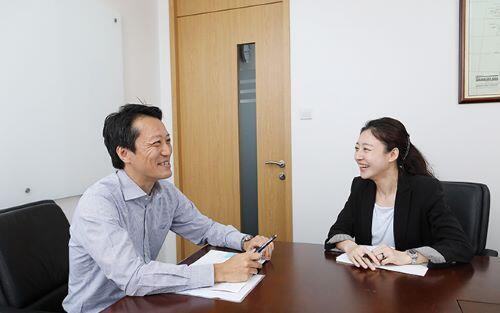
"Japanese companies transfer Japanese manufacturing processes to ASEAN countries as is, and maintain high quality manufacturing. Production management and cost accounting are essential for the manufacturing industry of Japanese companies," says Stella. Many ERPs from major foreign vendors do not support Japanese-style production management and cost accounting, but mcframe has these functions as standard. NRI became a partner of B-EN-G largely because it is the only ERP that has these functions as standard, he explains.
Stella has already introduced mcframe to Japanese companies in Vietnam and other countries. "When I tell them that the standard functions of mcframe are sufficient to meet the various requirements requested by our customers, they say, 'We can use this in our company. This is what we were looking for,' and I feel rewarded," says Stella with a smile.
mcframe is not only excellent in terms of functionality such as production management and cost calculation. Another attractive feature is that it supports not only Japanese and English, but also the major local languages of ASEAN (on a project basis). "mcframe is a production and cost management system developed in Japan, and for end users of Japanese companies operating in ASEAN, it offers the ease of operation and simple functions that are unique to manufacturing sites. It also has high cost performance compared to its functions, as it not only provides standard management functions, but also a wide range of support for precise Japanese-style cost management. Another benefit is that it can be used on an iPad, allowing the situation on site to be grasped from headquarters," he says.
Mcframe accelerates global business
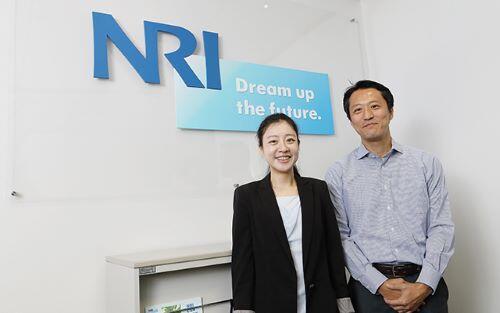
Of course, ASEAN is diverse and cannot be lumped together. In order to incorporate information into a standardized system, not only is there the language barrier, but there are also major differences in legal systems and customary rules that differ from country to country and region to region.
Stella says that she always studies the laws and tax systems of each region when implementing a system. "In order to standardize, there are always things that need to be changed on-site. One of the important parts of the job is to carefully explain to each site why they need to change the process they have been using until they understand," she emphasizes. The key to success in convincing them is to "align the interests of the decision maker who decided to implement the system with the interests of the end-user staff who will actually use it on-site." This is something that only Stella can do, as she not only speaks Chinese, English, and Japanese depending on the person she is talking to, but also understands the thoughts of the site and the head office.
Yamashita concluded by saying, "Companies have begun to standardize globally, and in particular, there has been a notable recent trend to unify operations in each ASEAN country. This will lead to increasing the speed of business as a whole. We are now in an era where standardization is essential for surviving the increasingly competitive global business world."
(Reporting cooperation: NNA)
*This interview is current as of January 2019.
